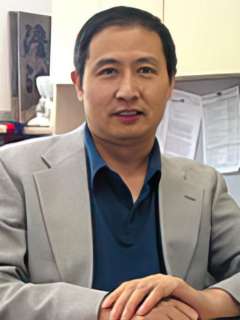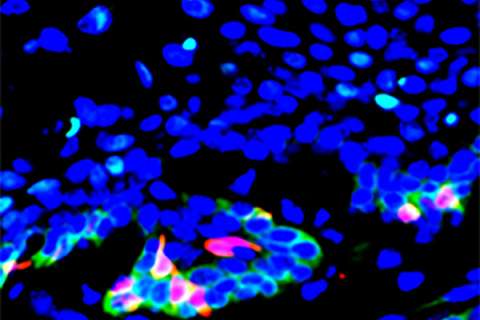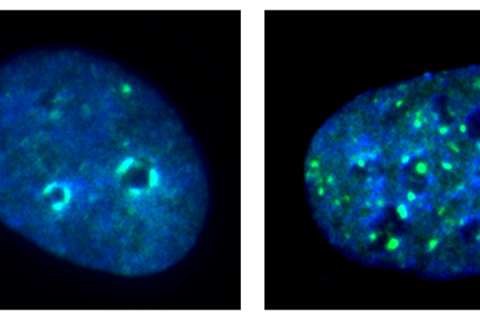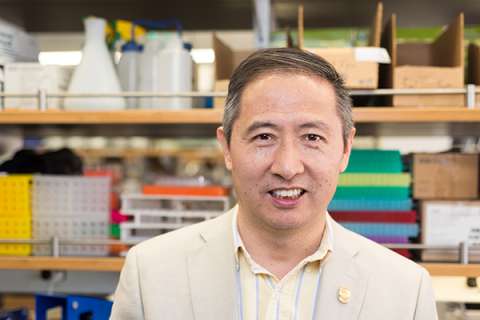
Cun-Yu Wang, DDS PhD
Languages
Contact Information
Phone
Scientific Interests
Dr. Cun-Yu Wang's research focuses on understanding the molecular mechanisms of inflammation, apoptosis and oncogenesis. Previously, Wang and his colleagues have discovered that NF-kappaB, a stress-responsive transcription factor, is a major effector of inducible anti-apoptotic mechanisms. Currently, Wang's laboratory works on several important areas related to cancer biology and therapy: regulation of tumor metastasis by NF-kappaB, Wnt signaling and oncogenesis, molecular control of invasive growth of head and neck squamous cell carcinoma and human adult stem cells including cancer stem cells.
Highlighted Publications
Li J, Wang CY. TBL1-TBLR1 and beta-catenin recruit each other to Wnt target-gene promoter for transcription activation and oncogenesis. Nat Cell Biol. 2008 Feb;10(2):160-9.
Park BK, Zhang H, Zeng Q, Dai J, Keller ET, Giordano T, Gu K, Shah V, Pei L, Zarbo RJ, McCauley L, Shi S, Chen S, Wang CY. NF-kappaB in breast cancer cells promotes osteolytic bone metastasis by inducing osteoclastogenesis via GM-CSF. Nat Med. 2007 Jan;13(1):62-9.
Zhang H, Kim JK, Edwards CA, Xu Z, Taichman R, Wang CY. Clusterin inhibits apoptosis by interacting with activated Bax. Nat Cell Biol. 2005 Sep;7(9):909-15.
Zeng Q, Li S, Chepeha DB, Giordano TJ, Li J, Zhang H, Polverini PJ, Nor J, Kitajewski J, Wang CY. Crosstalk between tumor and endothelial cells promotes tumor angiogenesis by MAPK activation of Notch signaling. Cancer Cell. 2005 Jul;8(1):13-23.
Shi S, Gronthos S, Chen S, Reddi A, Counter CM, Robey PG, Wang CY. Bone formation by human postnatal bone marrow stromal stem cells is enhanced by telomerase expression. Nat Biotechnol. 2002 Jun;20(6):587-91.


